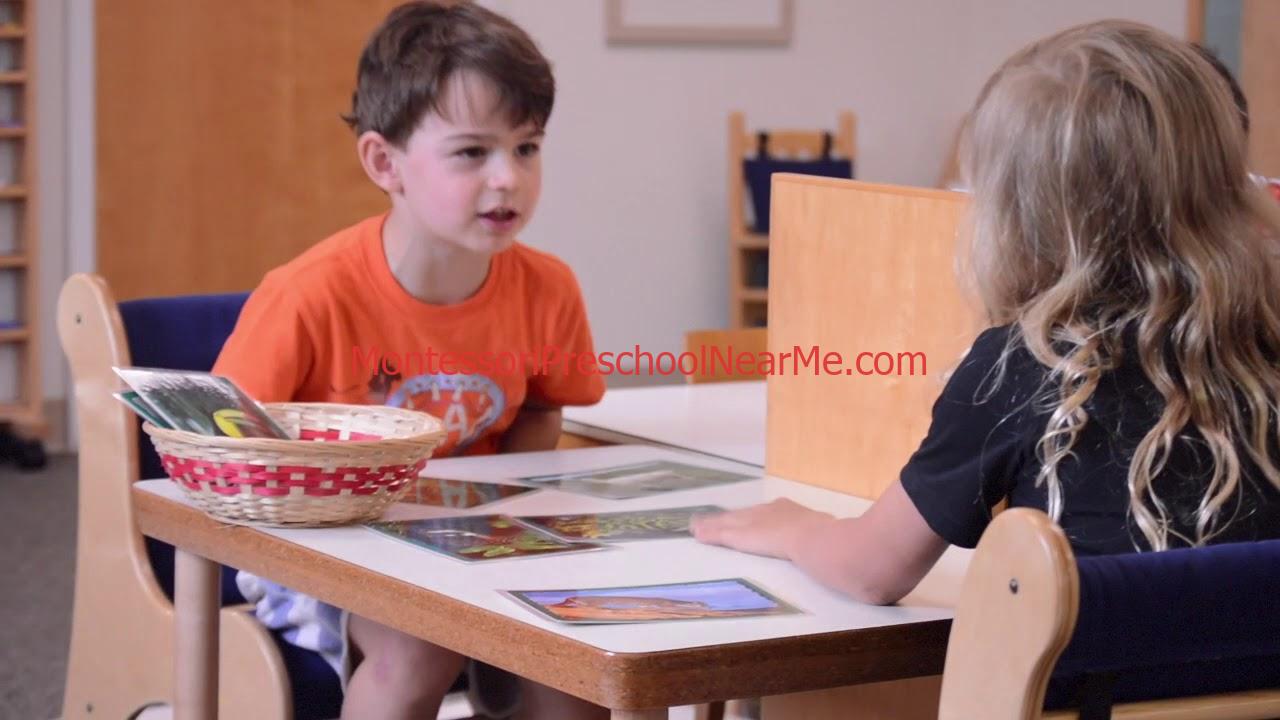
Educational philosophies play a crucial role in shaping the way children learn and grow. One such philosophy that has gained significant recognition and admiration is the Montessori educational philosophy. Developed by Dr. Maria Montessori, this approach to education fosters independence, respect, and a lifelong love for learning. With a focus on hands-on experiences, real-world skills, and the holistic development of the child, Montessori education prepares children for success in both academic and personal spheres. In this article, we will explore the Montessori educational philosophy in detail, highlighting its principles, benefits, and impact on a child’s overall growth and development.
The Montessori Educational Philosophy: A Child-Centered Approach
A. Understanding the Core Principles
The Montessori educational philosophy is rooted in a child-centered approach. It recognizes that children have an inherent desire for knowledge and growth, and aims to unlock this natural curiosity through a thoughtfully designed learning environment. The key principles of the Montessori philosophy include:
- Respect for the Child: Montessori educators believe in treating each child with utmost respect, acknowledging their individuality, and honoring their unique strengths, interests, and learning styles.
- Child-Led Learning: Montessori classrooms promote self-directed learning, allowing children to choose their activities and work at their own pace. This autonomy fosters independence and encourages a lifelong love for learning.
- Multi-Age Groupings: Unlike traditional classrooms, Montessori environments typically have mixed-age groups. This setup promotes collaboration, socialization, and the development of leadership skills among children.
- Prepared Environment: Montessori classrooms are meticulously prepared to meet the developmental needs of the children. They are equipped with a wide range of age-appropriate materials and resources that stimulate exploration, discovery, and hands-on learning.
B. The Role of the Educator
In the Montessori educational philosophy, educators are considered facilitators rather than authoritative figures. Their role is to guide and observe the children, providing individualized support based on their unique needs and interests. Montessori educators undergo specialized training to understand child development, create engaging learning experiences, and foster a positive and nurturing classroom environment.
C. Incorporating Real-World Skills
Montessori education goes beyond academic learning; it also emphasizes the development of real-world skills essential for success in life. Children are encouraged to engage in practical life activities such as cooking, cleaning, and gardening, which enhance their independence, problem-solving abilities, and sense of responsibility.
The Montessori Method: Hands-On Learning and Whole Child Development
A. Emphasis on Hands-On Learning
One of the distinguishing features of the Montessori method is its focus on hands-on learning. Montessori classrooms are equipped with a wide range of sensory materials that actively engage children in their learning process. These materials provide concrete experiences that help children understand abstract concepts and develop a strong foundation in various subjects.
B. Language and Literacy Development
Language and literacy development are integral components of the Montessori educational philosophy. Through interactive language materials and activities, children gradually acquire reading and writing skills. The Montessori method also emphasizes the importance of spoken language, encouraging children to express themselves effectively and confidently.
C. Mathematical and Scientific Exploration
Mathematical and scientific concepts are introduced to children through Montessori materials that promote hands-on exploration and experimentation. These materials enable children to grasp abstract concepts at a concrete level, laying the foundation for logical thinking, problem-solving, and numeracy skills.
D. Art, Music, and Physical Development
The Montessori educational philosophy recognizes the significance of artistic expression, music, and physical development in a child’s overall growth. Montessori classrooms provide ample opportunities for creative expression, sensory experiences, and physical activities such as yoga and outdoor play. These activities promote self-expression, body awareness, and a well-rounded development.
The Benefits of Montessori Education
A. Individualized Approach to Learning
Montessori education caters to the unique abilities and interests of each child. The child-led approach allows children to work at their own pace and delve deeper into subjects they find fascinating. This individualized approach fosters a love for learning, boosts confidence, and enables children to reach their full potential.
B. Cultivation of Independence and Responsibility
Montessori classrooms empower children to take ownership of their education and daily lives. By engaging in practical life activities and making choices, children develop a sense of independence, self-discipline, and responsibility. These skills lay a strong foundation for success in academic, personal, and professional pursuits.
C. Social and Emotional Development
Through multi-age groupings and collaborative activities, Montessori education nurtures social and emotional development. Children learn to respect and appreciate differences, develop empathy, and build strong relationships with their peers. They acquire crucial social skills such as conflict resolution, communication, and teamwork, fostering healthy emotional intelligence.
D. Preparation for a Lifelong Love for Learning
The Montessori educational philosophy instills in children a lifelong love for learning and a natural curiosity about the world around them. By fostering critical thinking, problem-solving, and independent exploration, Montessori education equips children with the skills needed to become self-motivated, adaptable, and passionate learners throughout their lives.
Embracing the Montessori Philosophy: Preparing Your Child for Success
The Montessori educational philosophy has garnered worldwide acclaim for its effectiveness in preparing children for success in all aspects of life. By embracing this philosophy, you can provide your child with a solid foundation for future academic achievements, personal growth, and social-emotional well-being.
Conclusion
The Montessori educational philosophy offers a child-centered approach that unlocks the natural desire for knowledge and growth. With a focus on independence, respect, and hands-on learning, Montessori education empowers children to become confident, self-directed learners. By incorporating real-world skills, fostering whole child development, and promoting a love for learning, the Montessori educational philosophy prepares children for a lifetime of success. Embrace this global movement that has been time-tested and scientifically proven, and pave the way for your child’s bright future.



